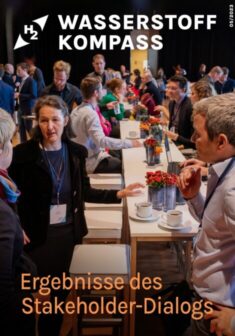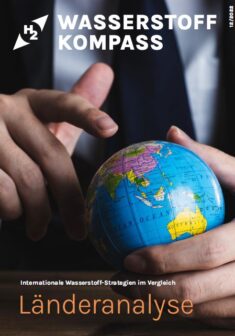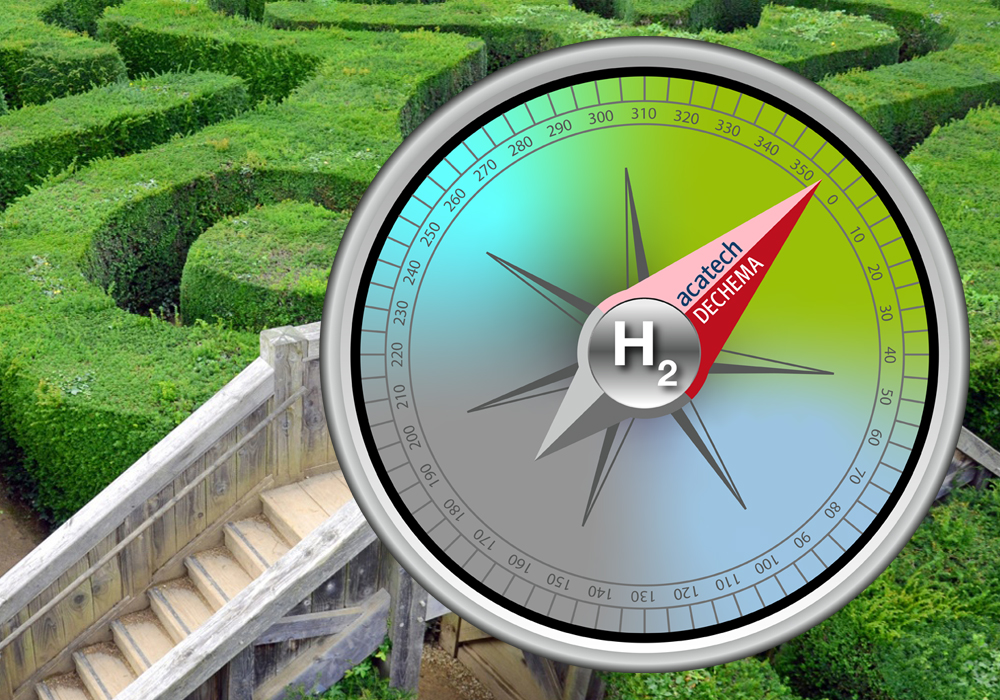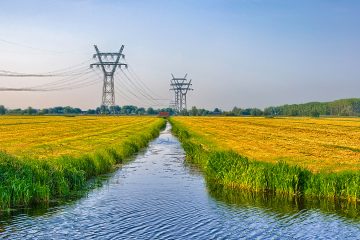International analysis of hydrogen strategies reveals high ambitions and huge differences in prices

Berlin, 29 January 2024
The now expanded country analysis gives an overview of the hydrogen strategies of 43 countries and regions. This international comparison was done as part of the project “H2-Compass” undertaken by acatech and DECHEMA. This latest publication includes the update of the German hydrogen strategy. European countries and regions alone are planning to create 52 gigawatts of capacity dedicated to hydrogen production – much more than that stated in the EU’s 2020 strategy on hydrogen. There is huge variation in the expected long-term price of hydrogen, ranging from EUR 0.60 per kilogram in India to EUR 4.50 in Korea.
Building on the country analysis published in December 2022 as part of the project, 21 additional countries have been included in this latest analysis – especially in South America, Africa and Asia. Among them are Brazil, Columbia, South Africa, Namibia, the United Arab Emirates, Turkey, India and New Zealand, all of which position themselves as future hydrogen exporters. 25 countries and regions in total stated that they intend to export hydrogen. In contrast, nine countries and regions will look to import hydrogen, including European countries, Japan and Singapore.
More than half of the national strategies set out clear targets for production capacities based on renewable electricity. Combined, the European strategies amount to a production capacity of around 52 gigawatts (GW), which exceeds the figure forecast in the EU’s 2020 strategy of 40 GW by 2030. Chile and India have set particularly high targets (25 GW and 25 to 60 GW, respectively). Overall, the capacity targets of the 25 strategy papers that gave figures for quantities amount to between 108 and 151 GW.
The future price of hydrogen is important to provide the various stakeholders with planning security. Not all strategy papers mention target prices. They range from EUR 0.60 per kilogram (India) to EUR 4.50 per kilogram (Korea), but prices may also vary for different applications.
The publication also contains profiles on the individual countries with a brief synopsis of their respective strategies: they indicate the targets a country or region has set, how they plan to produce hydrogen and where they plan to use it.
Download the analysis
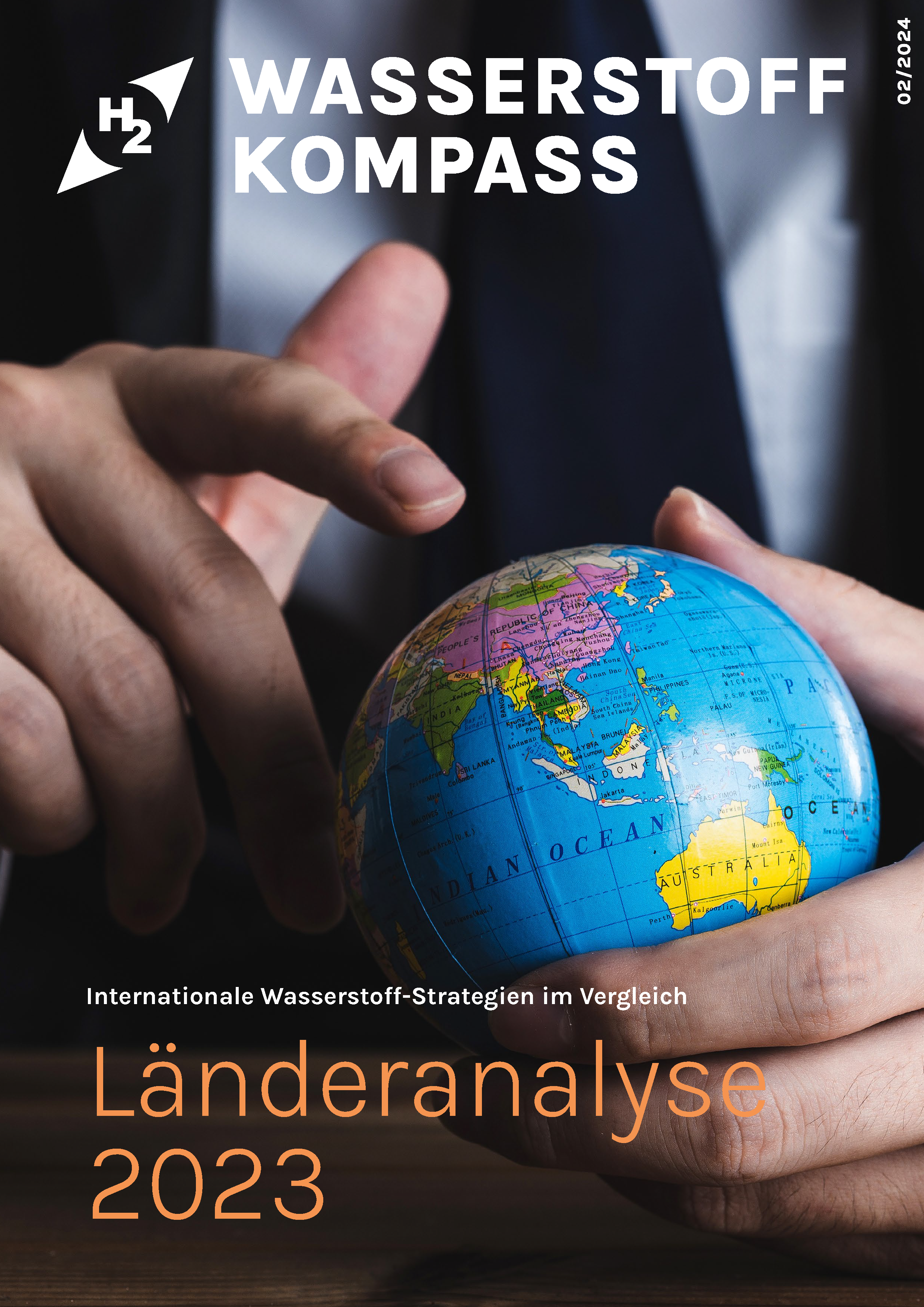 The analysis of international hydrogen strategies is available to download here (in German).
The analysis of international hydrogen strategies is available to download here (in German).
About the H2-Compass project
Together acatech and DECHEMA realised the project “H2-Compass” between June 2021 and September 2023. On the basis of a meta-analysis, they constructed an overview of courses of action for establishing a hydrogen economy along with their respective pros and cons. Furthermore, the H2-Compass organised a dialogue with stakeholders from science, industry, politics, public administration and civil society to obtain their points of view and work towards a shared vision of a hydrogen economy. Policymakers can use the results of the project as a basis for a hydrogen roadmap. The H2-Compass project is funded by the Federal Ministry of Education and Research and, until September 2023, the Federal Ministry for Economic Affairs and Climate Action.




